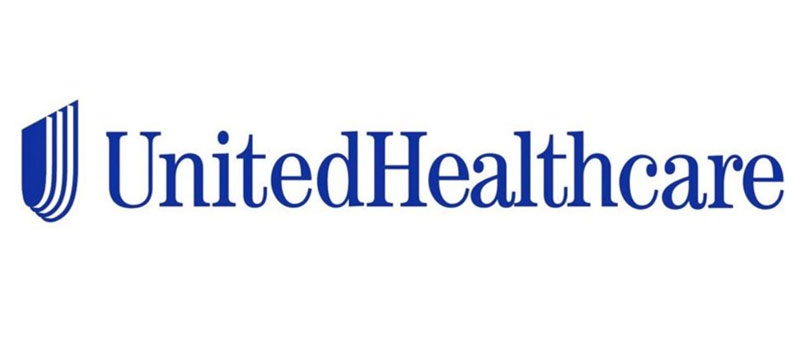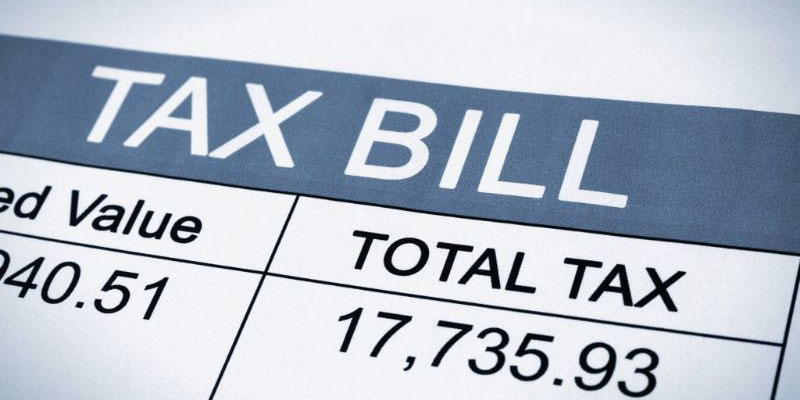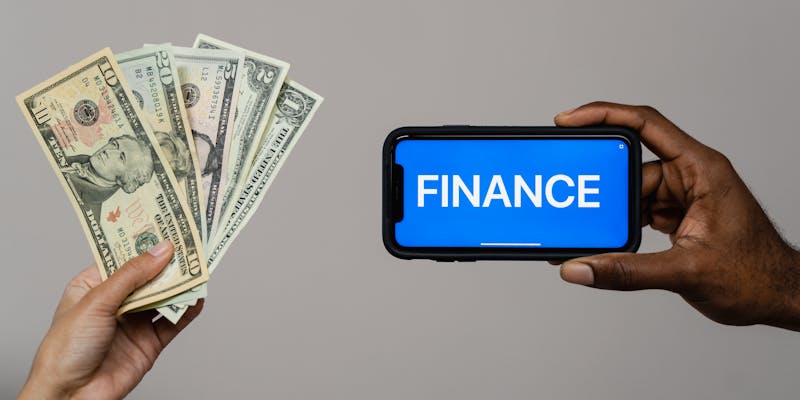Best Vision Insurance Companies Of 2022
Jan 09, 2024 By Triston Martin
If you have health insurance coverage, you must look if it also covers vision treatment. There are a lot of best vision insurance plans that don't cover eye care, so you'll need to buy an additional vision insurance plan to pay for eye exams, glasses, as well as contact lenses. If you're one of the 150 million Americans who require vision correction or have another vision-related disease, having vision insurance means cheap eye treatment. Without insurance, you'll have to pay for everything yourself.
A complete eye exam, as well as the cost of frames as well as lenses, can cost up to $350 or more without insurance. Your expenditures will be reduced by a vision insurance plan, which will generally pay for itself. To help you make an informed decision regarding a vision insurance plan, experts looked at different alternatives and evaluated aspects such as business reputation and plan availability. For a list of the finest vision insurance providers, keep reading.

Top 5 Picks of Best Vision Insurance Companies
One million people aged 21 to 64 in 2017 were blind or had some other problem with their sight. However, many people don't know that vision care isn't covered by many other private insurance plans, except their employer. Moreover, according to your prescription, eye treatment might cost you hundreds of dollars annually. As a result, we've produced a list of the finest vision insurance providers so you can compare their policies.
1. VSP Vision Care
A group of optometrists started Vision Service Plan (VSP) in 1955, and it has progressively expanded to include more than 88 million customers and 40,000 network physicians throughout the globe. More than 700 Visionworks facilities in the United States are part of the VSP network, including thousands of private-sector physicians and other eye care professionals.
Adding scratch-resistant coatings, progressive lenses, as well as UV protection to your lenses are some of the options you can choose from to make them better. VSP also gives discounts and resources to people with diabetes because people with diabetes often have trouble seeing.
It's impossible to combine VSP's benefits with Medicaid, which is a problem for people already on Medicaid. You can't use Medicaid to cover the remaining $50 of a $150 VSP credit toward the purchase of eyeglasses, for example. You'd have to pay for it yourself.
2. Direct Vision Insurance
Direct Vision has been around for about 20 years and is one of the best vision insurance. Thousands of clients have benefited from this service since its launch. Over 12,000 insurance agents work for the company, and their job is to help more than 125,000 people get insurance. Direct Vision is among the finest vision insurance businesses in the United States, despite its smaller size than industry leaders. It lets you choose from EyeMed as well as VSP plans.
The company wants to help people get cheap vision insurance. Ameritas Life Insurance writes the insurer's policies to families, small enterprises, and individuals. Direct Vision not only provides the best vision coverage at the best prices, but they also offer great discounts. In-network and out-of-network eye care providers can help customers save money and find good eyeglasses at a lower price. In addition, customers get 30 days to terminate their plan if they're not happy with it. If you want no-waiting-period vision insurance, this is it.
3. UnitedHealthcare

UnitedHealthcare (UHC) is a major health insurance company in the United States and a member of the UnitedHealth Group. We chose this eye care provider since it has a low premium and a low copay for glasses that pay for themselves if used every year.
You have the option of enrolling in one of two plans without any waiting time. Both plans provide a $150 frame allowance when you visit an in-network physician and up to $75 when you see an out-of-network provider, as well as a $10 copay for your yearly eye exam and lenses when you visit an in-network provider.
UHC also gives LASIK procedures a 35% discount. Plan B lets you choose how much money you can spend on both contact lenses as well as glasses, while Plan A only allows you to choose one. In Plan A, the price can decrease to $10.40 per month. In Plan B, it can go down to $13.30 per month.
4. Aetna Vision Insurance
It's one of the biggest insurance companies in the country, and it has more than 5% of the market for health insurance in the country, which is a lot. The company's customer service efforts have been recognised, with the contact centre being ranked No. 1 in previous years. Aetna creates its own health plans, including vision add-ons. It's part of a deal with VSP to offer individual vision insurance.
Through the Aetna website, customers may apply for vision insurance. Members can use this digital system to find a specialist approximately 100 miles away, get price estimates for services, and learn more about their coverage. They work with the best eye care stores and many independent providers.
5. Cigna Vision Insurance
Cigna, on the other hand, is a part of a worldwide health care network, unlike many of the insurers operating in the United States. Ninety-five million people worldwide are the company's customers, and 40,000 people work for it. The company provides health, dental, Vision, and other types of coverage for both individuals and businesses. Cigna is an insurance company, not a broker. It sells insurance through subsidiaries in the countries where it is licensed.
Conclusion
As someone who wears glasses or contacts, having a separate policy for your vision insurance makes sense. When you consider the expensive cost of corrective eyeglasses, the insurance more than compensates for itself in most cases. If you don't presently require vision correction, remember that regular eye care is essential for your general health. If you don't want to spend a lot of money on vision insurance, this roundup has options for everyone. For example, Vision Service Plan was our top option for vision insurance since they provide cheap copays and significant limits to fit most budgets.

A Beginners Guide to Ordinary Shares - Its Benefits and More

Saving For Retirement: When Is It Too Late To Have Nothing Saved For Retirement

Marginal Tax Rate: What is it?

Understanding Bonds and Investment Opportunities

Back Tax Relief: How To Get Rid Of Them

How To Get Started Investing With Little Money

A Complete Guide About What Are Core Assets?

Treasury Calls for More Oversight on Bank-Fintech Collaborations

How to Categorize Your Business Expenses?

